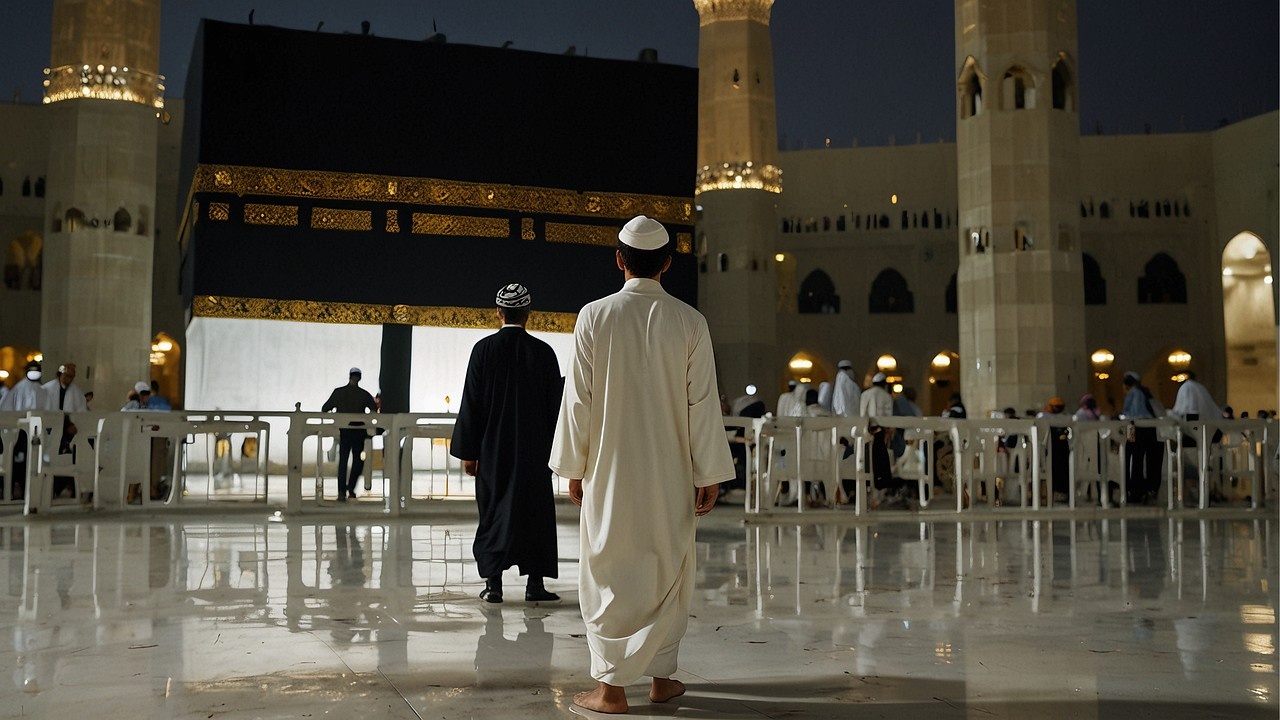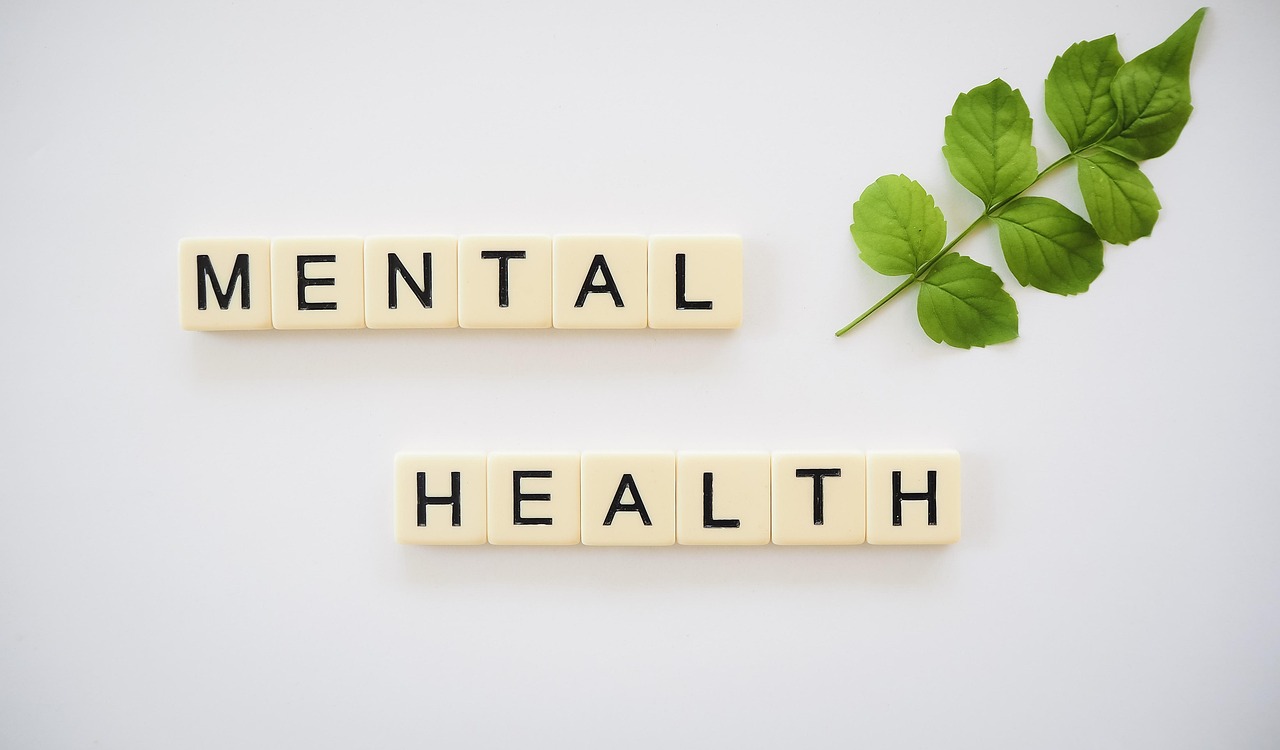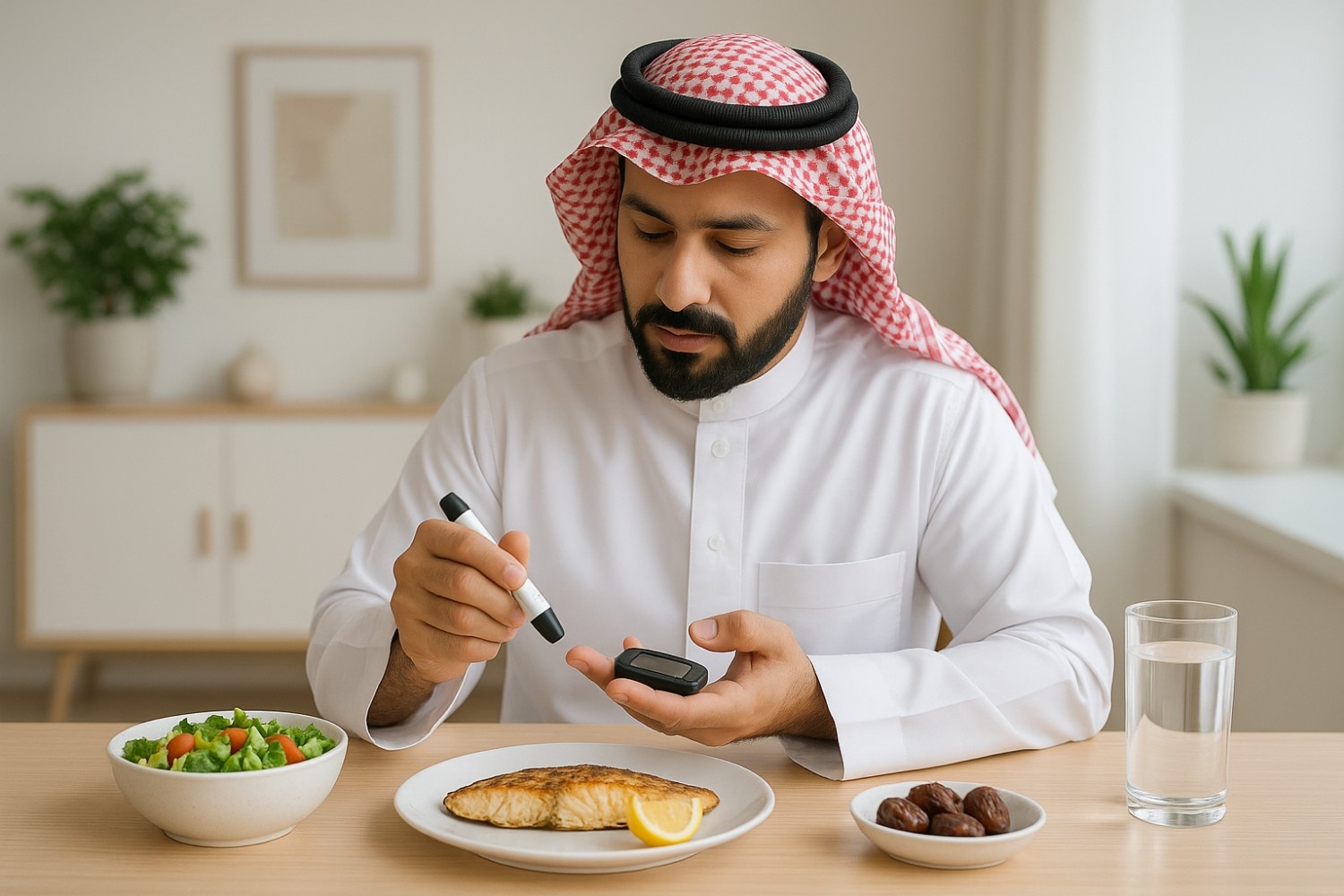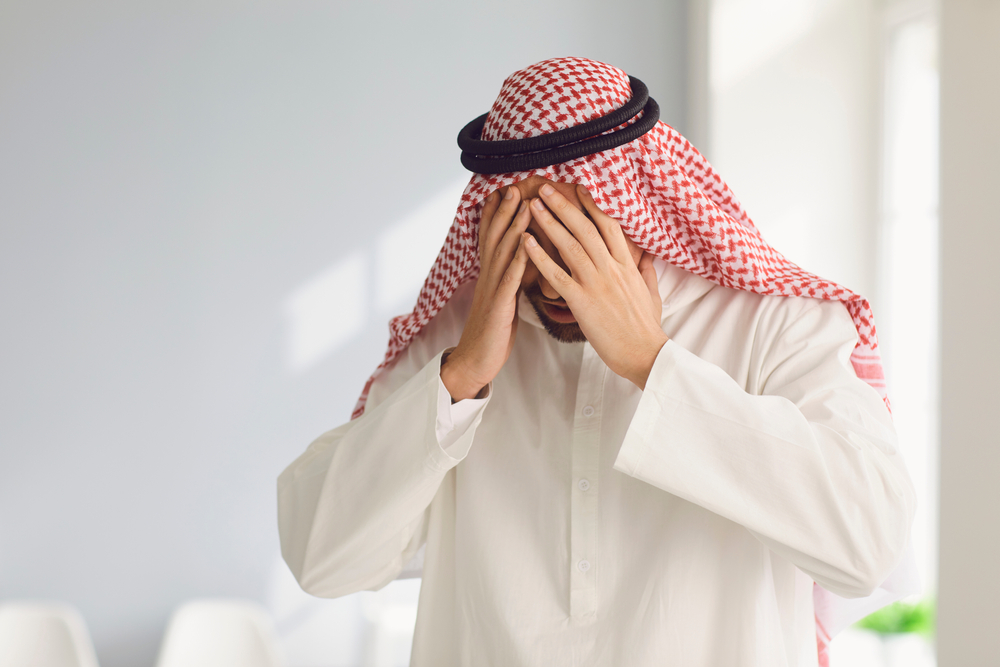Hajj is a sacred journey for Muslims, but it’s also physically demanding. Millions of pilgrims gather in Mecca, facing crowded conditions, intense heat, and long walks. To focus on worship, you need to stay healthy. This Hajj health checklist covers everything you need to prepare, stay safe, and return home strong. Follow these actionable tips to ensure a smooth pilgrimage.
Why Health Preparation Matters for Hajj
Hajj involves walking 5–15 km daily, enduring high temperatures, and navigating crowded spaces. These conditions can lead to dehydration, infections, or exhaustion. Pilgrims with chronic illnesses face higher risks. Proper preparation reduces these dangers, letting you focus on the spiritual experience. Saudi Arabia has strict health rules, including mandatory vaccinations, to protect everyone. This guide helps you meet those requirements and stay healthy.
Vaccinations: Your First Step to a Safe Hajj
Vaccinations are critical to prevent disease outbreaks during Hajj. Crowded conditions make infections like meningitis and influenza spread easily. Saudi Arabia requires specific vaccines, and you must carry proof of vaccination for your visa. Here’s what you need to know.
Mandatory Vaccinations
- Meningococcal Meningitis (ACYW): Get the quadrivalent ACYW vaccine at least 10 days before travel. It protects against meningitis, a serious bacterial infection. Carry your vaccination certificate, as it’s checked at entry.
- Yellow Fever: Required if you’re traveling from a country with yellow fever risk (e.g., parts of Africa or South America). Get it at least 10 days before departure.
- Polio: Pilgrims from polio-affected countries must get an oral polio vaccine dose at entry. Check if your country is on the list.
Recommended Vaccinations
These are not mandatory but strongly advised to protect your health:
- Influenza: Get a flu shot 2 weeks before travel to reduce the risk of respiratory infections.
- Pneumococcal: Recommended for pilgrims over 65 or those with chronic conditions like diabetes or heart disease.
- Hepatitis A and B: Protects against liver infections from contaminated food, water, or bodily fluids. Hepatitis B requires multiple doses, so plan 6 months ahead.
- Typhoid: Get this vaccine 2 weeks before travel to avoid typhoid fever from contaminated food or water.
Visit a travel clinic 2–3 months before your trip to discuss your health history and get tailored advice. Carry vaccination records in case they’re requested.
Managing Chronic Conditions During Hajj
If you have a chronic illness like diabetes, asthma, or heart disease, extra preparation is essential. Hajj’s physical demands can worsen these conditions. Follow these steps to stay safe.
Consult Your Doctor Early
Schedule a check-up 2–3 months before travel. Discuss your Hajj itinerary and health needs. Ask if your medications, like diuretics, could increase dehydration risks in Mecca’s heat. Get a letter detailing your condition and prescriptions.
Pack Enough Medication
Bring enough medication for the entire trip, plus extra in case of delays. Keep medicines in their original packaging with clear labels. Carry a copy of your prescription and a doctor’s note to avoid issues at customs. Store medications in a cool, dry place to prevent spoilage.
Monitor Your Health
During Hajj, check your health daily. For example, if you have diabetes, monitor blood sugar levels regularly, as long walks and irregular meals can affect them. If you feel unwell, seek medical help at Hajj hospitals or clinics, which offer free services.
Preventing Dehydration and Heat-Related Illnesses
Mecca’s temperatures often exceed 100°F (38°C). Long hours outdoors can lead to dehydration, heat exhaustion, or heatstroke. Here’s how to protect yourself.
Stay Hydrated
Drink at least 2–3 liters of water daily. Carry a reusable water bottle and refill it at safe water stations. Avoid sugary drinks or caffeine, which can dehydrate you. Sip water regularly, even if you’re not thirsty.
Protect Against the Sun
Wear a wide-brimmed hat, sunglasses, and high-SPF sunscreen (fragrance-free during Ihram). Use a lightweight umbrella for shade. Avoid direct sun exposure between 10 a.m. and 4 p.m. when possible. Wear loose, light-colored clothing to stay cool.
Recognize Heatstroke Symptoms
Watch for signs like dizziness, nausea, rapid heartbeat, or confusion. If you or someone else shows these symptoms, move to a shaded area, drink water, and seek medical help immediately. Saudi authorities provide cooling stations and medical tents for emergencies.
Avoiding Infectious Diseases
Crowded conditions increase the risk of respiratory and gastrointestinal infections. Take these precautions to stay healthy.
Practice Good Hygiene
Wash your hands frequently with soap and water, especially before eating or after touching surfaces. Carry alcohol-based hand sanitizer for times when water isn’t available. Avoid touching your face, as germs spread easily this way.
Wear a Face Mask
Wear a face mask in crowded areas like the Grand Mosque or during Tawaf. This reduces the risk of respiratory infections like flu or pneumonia. Choose a comfortable, well-fitting mask and replace it regularly.
Avoid Mosquito Bites
Though malaria isn’t a risk in Mecca, dengue has been reported in nearby Jeddah. Wear long, light-colored clothing and use insect repellent on exposed skin. Sleep under mosquito nets if staying in open areas like Muzdalifah.
Physical Preparation for Hajj
Hajj involves walking long distances and standing for hours. Build your stamina to avoid fatigue or injury.
Start Exercising Early
Begin a walking routine 2–3 months before Hajj. Aim for 30 minutes daily, gradually increasing to 5–10 km. Practice walking in hot weather to prepare for Mecca’s climate. Light strength exercises, like squats, can help build endurance for rituals like Sa’i.
Choose Comfortable Footwear
Wear good-quality sandals with back straps for Ihram, as the top of your feet must be exposed. Break them in before travel to avoid blisters. Bring a cheap pair of flip-flops for restroom use in Mina or hotels.
Packing a Personal Health Kit
A well-stocked health kit can save you during Hajj. Include these essentials:
- Pain relievers (e.g., ibuprofen, acetaminophen)
- Antidiarrheal medication (e.g., loperamide)
- Bandages and antiseptic wipes for minor cuts
- Hand sanitizer and disinfectant wipes
- Sunscreen and lip balm (fragrance-free for Ihram)
- Reusable water bottle
- Electrolyte packets for hydration
- Personal medications and prescriptions
Pack these in your carry-on luggage to avoid issues if your checked bags are delayed.
Mental and Emotional Preparation
Hajj can be overwhelming due to crowds and intense rituals. Prepare mentally to stay calm and focused.
Learn the Rituals
Study the steps of Hajj, like Tawaf, Sa’i, and the Day of Arafat, before you go. Knowing what to expect reduces stress. Carry a pocket-sized Hajj guidebook for quick reference.
Practice Patience
Crowds and delays are common during Hajj. Practice mindfulness or deep breathing to stay calm. Focus on the spiritual purpose of your journey to maintain a positive mindset.
Post-Hajj Health Tips
After Hajj, your body needs time to recover. Follow these steps to stay healthy:
- Rest: Get plenty of sleep to recover from physical and mental strain.
- Monitor Symptoms: Watch for fever, cough, or diarrhea for 2 weeks after returning. See a doctor if symptoms persist.
- Avoid Spreading Infections: Cover your mouth when coughing or sneezing. Avoid close contact with others if you feel unwell.
Additional Tips for a Safe Hajj
Here are extra steps to ensure a smooth pilgrimage:
- Register through the official Nusuk platform for your Hajj visa and permit. Avoid unofficial agents to prevent scams.
- Carry emergency contact numbers, including your group leader and consulate.
- Make copies of your passport and vaccination records. Store them digitally and in a safe place.
- Use only licensed barbers for head-shaving to avoid bloodborne infections.
Conclusion
Hajj is a once-in-a-lifetime journey that requires careful health preparation. By getting vaccinated, managing chronic conditions, staying hydrated, and practicing good hygiene, you can stay safe and focus on worship. Start preparing 2–3 months in advance to ensure you’re ready. Use this checklist to plan your trip and return home healthy, spiritually fulfilled, and ready to share your experience. May your Hajj be accepted and safe!
May your Hajj be safe, healthy, and spiritually fulfilling. Stay informed, stay prepared, and trust the journey. For more helpful guides, follow Know Saudi.




